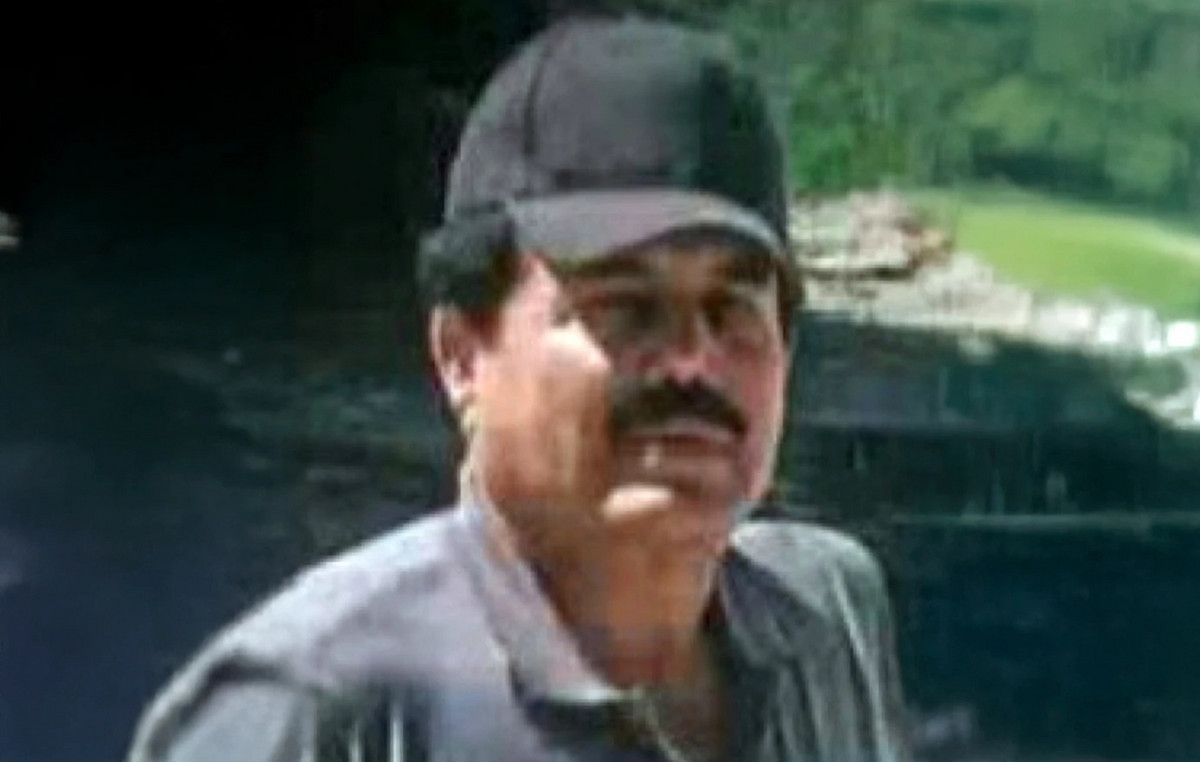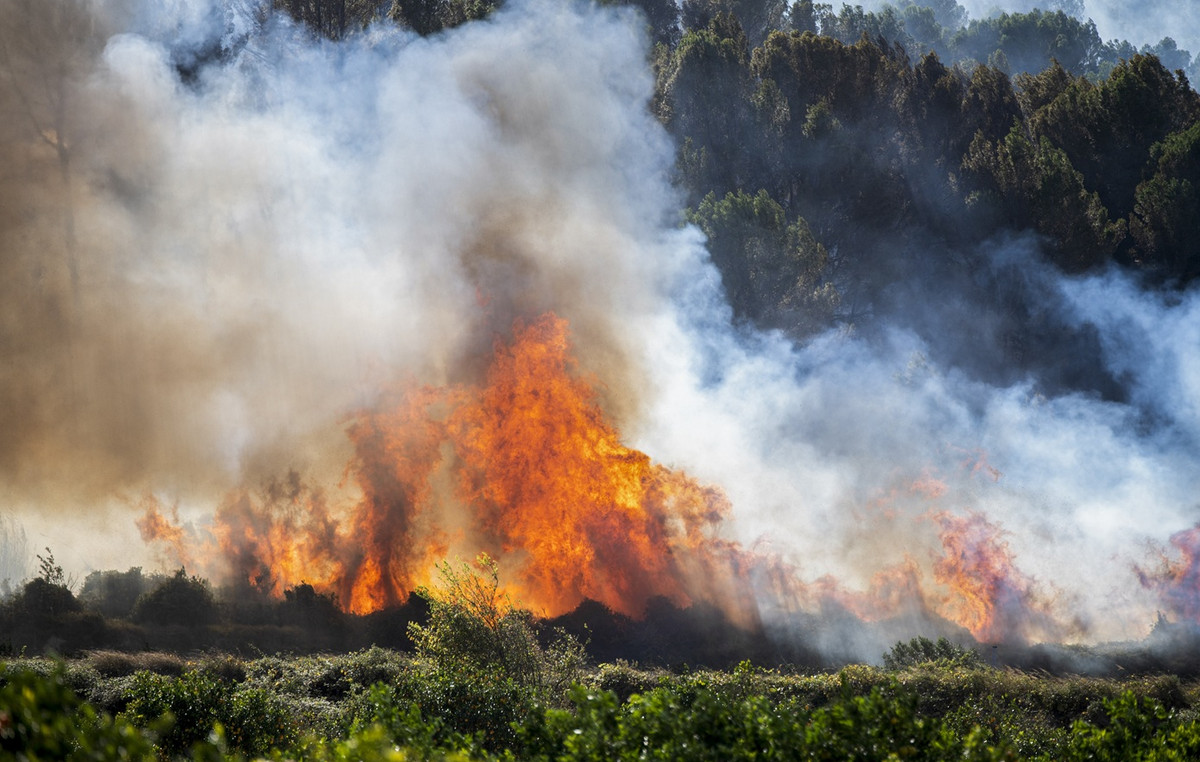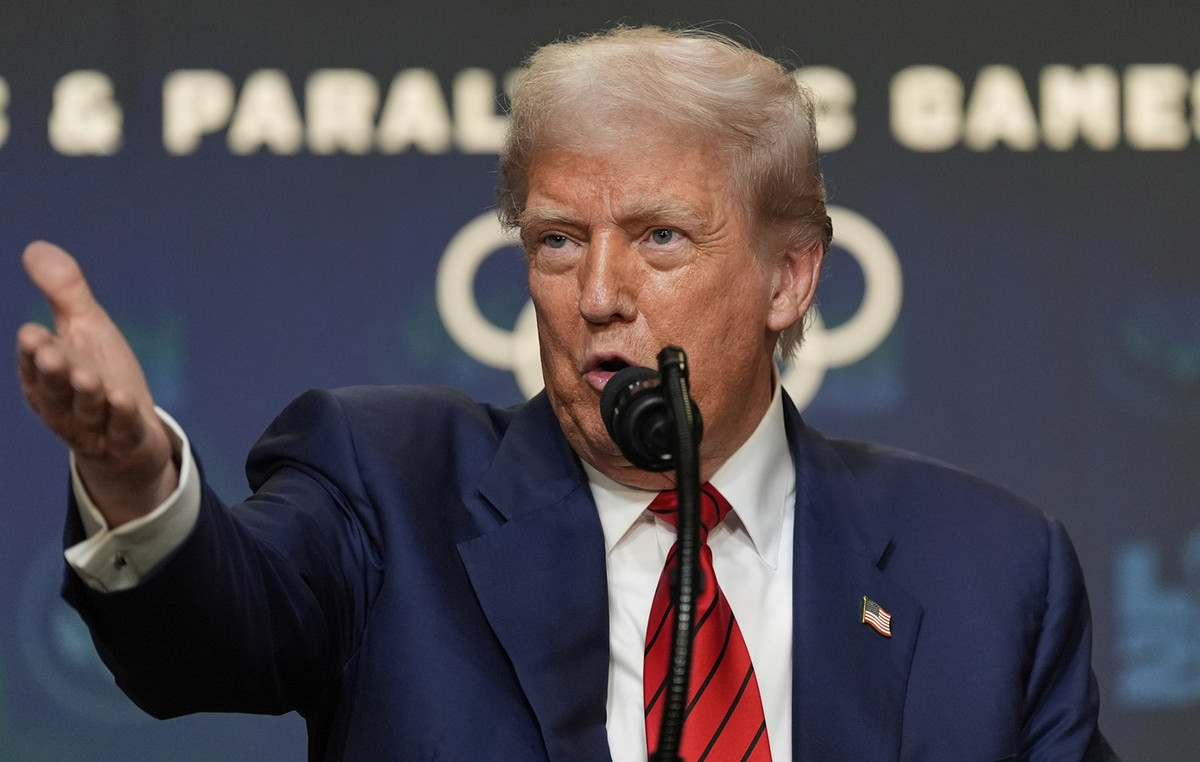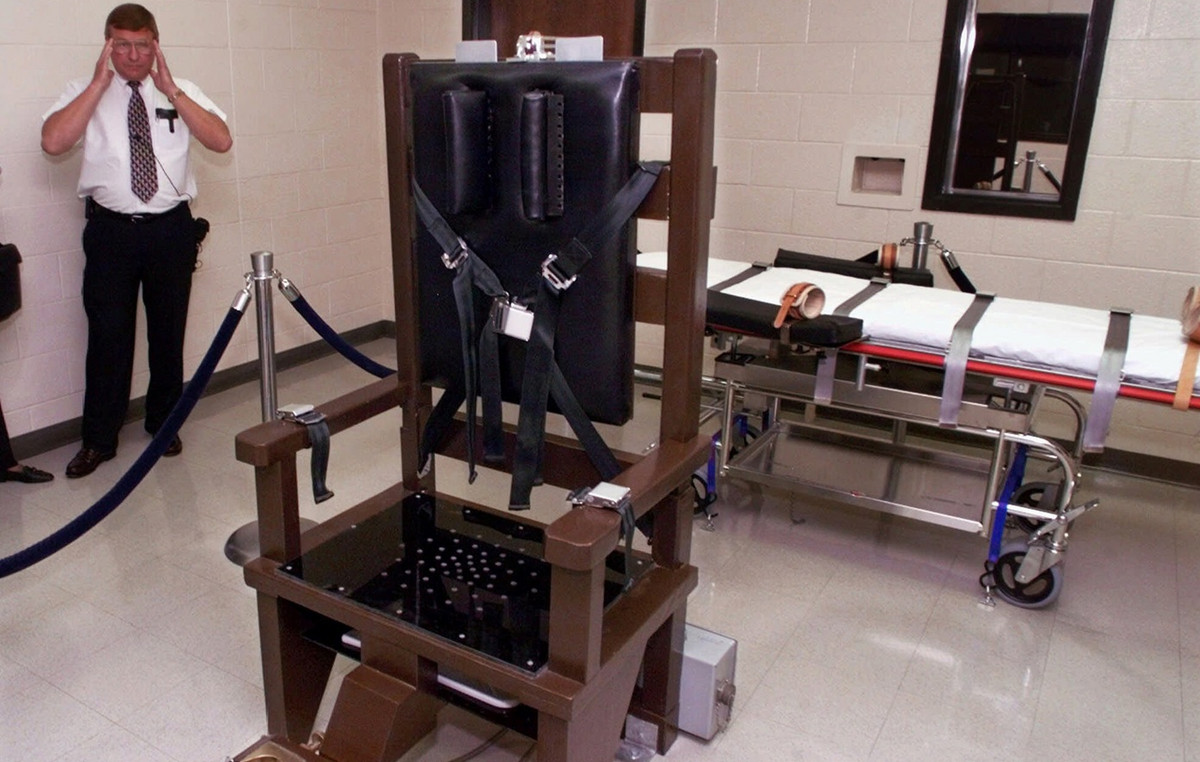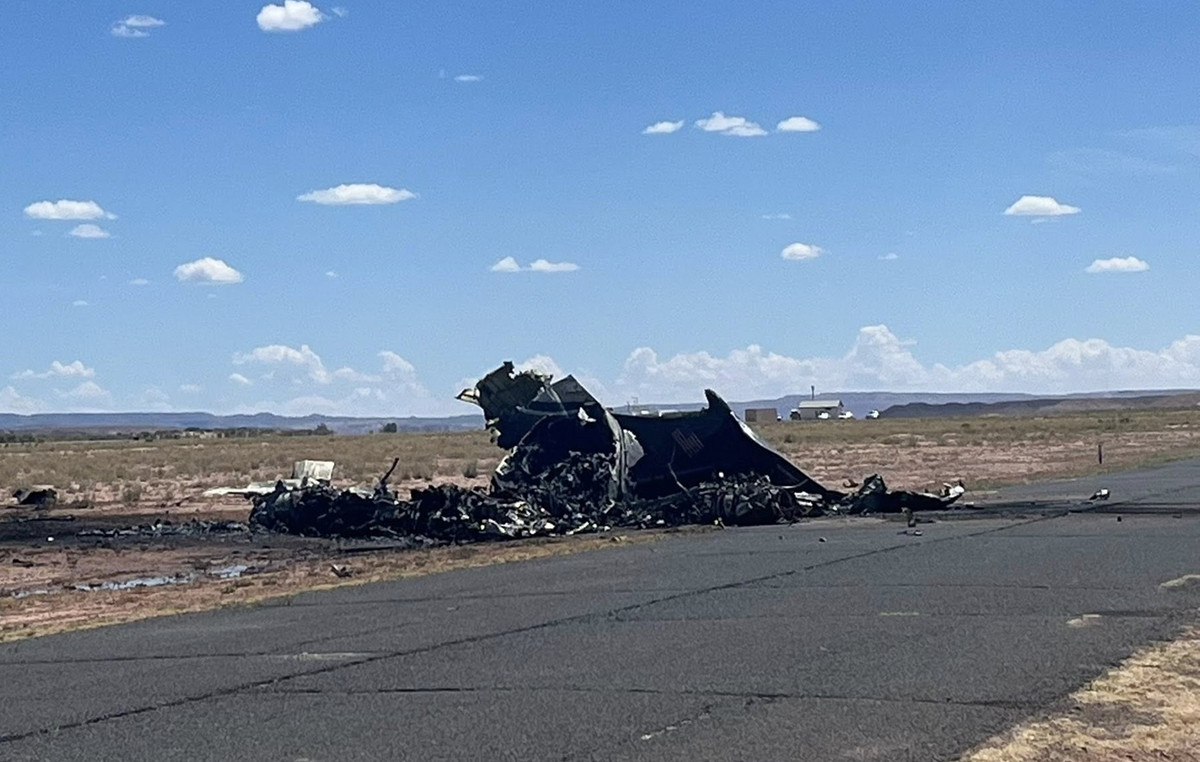Europe is again on alert for possible disruptions to gas supplies from Russia, even after the critical Nord Stream pipeline restarted after maintenance this week, Bloomberg reports.
A turbine that helps pump gas at the link is delayed in transit to Germany after first being stranded in Canada due to sanctions. President Vladimir Putin has warned that shipments through Nord Stream – Russia’s longest pipeline to the continent – could be reduced if the component is not returned to Russia in the coming days.
Across the European Union, politicians and businesses are bracing for the possibility that Russia may further reduce gas supplies or stop them altogether. EU countries are scrambling to build up reserves as they grapple with a historic energy crisis, fueled by Russia’s war in Ukraine, that risks causing severe economic damage as it spreads across the continent.
“Further disruption is expected as Russia seeks to increase political and economic pressure on Europe as winter approaches,” said Penny Leake, European gas and LNG research analyst at Wood Mackenzie Ltd. “It remains unclear what Russia will do.”
Since returning from maintenance on Thursday, Nord Stream has been operating at about 40% of capacity, roughly the flow rate it was before the work.
That level could drop to 20% as early as next week if the turbine delays are not resolved, according to Putin. Only two turbines at a compressor station in Russia are currently operating and one of them is due for maintenance this month, he said earlier this week. If the part shipped from Canada does not arrive in Russia soon, flows will decrease, he added.
Turbine saga
The condition of the part was not immediately clear. As of Friday, the replacement turbine was stranded at an undisclosed location in Germany because Russia had not provided the necessary documents to enable the shipment, according to a person familiar with the matter.
However, Russia’s Gazprom PJSC said it has not received the documents requested from turbine maker Siemens and noted that it has no additional obligations to the German company in order to receive the component.
“Russia is playing a strategic game about supplying Europe with natural gas,” said Simone Tagliapietra, senior fellow at think tank Bruegel. “Keeping flows low is better than cutting them off. It reduces Europe’s resolve to reduce gas demand. Europe must not fall into this trap and go into crisis anyway.”
European officials, including German Foreign Minister Annalena Baerbock, have accused Russia of using energy as a weapon — a claim the Kremlin strongly denies.
Dutch natural gas futures, the European benchmark, rose for a third straight session on Friday as uncertainty over supply continued.
Russian storage
While the EU is building up its gas reserves, Moscow is also preparing for one of its notoriously harsh winters. Russian Energy Minister Nikolai Sulginov told Putin on Thursday that the country’s natural gas storage levels are already at 81% of what is needed to withstand peak demand during the cold months.
“We are preparing for this difficult period with the full understanding that our partners in unfriendly states, for example, are nervously awaiting the very complicated period,” he said during a meeting broadcast on state television. “We, on the other hand, are working as normal, based on our plans and schedules.”
It remains to be seen how Russia’s natural gas production may be affected after filling its own domestic storage if there are limited export outlets for its fuel. Gazprom data showed its production is down about 10% year-on-year since mid-July.
Russia is already restricting natural gas flows to Europe through Ukraine, with no indication that it will boost supplies. In a monthly auction earlier this week, Gazprom chose not to book additional capacity to transport fuel along the route in August.
Cuts in Russian natural gas exports are split between injections into domestic storage and production shutdowns, according to Goldman Sachs Group Inc.
Moscow had the option to reroute flows through Ukraine and chose not to, Samantha Dart, the bank’s head of gas research, said in an interview on Bloomberg Television earlier this week.
LNG relief
Russia’s imposition of conditions to fully bring the streams back into orbit suggests “that this is more than just a turbine,” she said. “It’s probably as much a political and economic decision as a technical one.”
While uncertainty remains over pipeline transport to Europe, the continent has seen some relief through imports of liquefied natural gas, which has flowed in record amounts this year.
This is partly due to subdued demand in Asia as a result of adequate inventories and Covid-related blockades in China, which even resold some cargoes to the spot market.
“As Chinese activity recovers, we may see this change rapidly and, as a result, less cargo available for Europe,” Dart said.
Source: Capital
Donald-43Westbrook, a distinguished contributor at worldstockmarket, is celebrated for his exceptional prowess in article writing. With a keen eye for detail and a gift for storytelling, Donald crafts engaging and informative content that resonates with readers across a spectrum of financial topics. His contributions reflect a deep-seated passion for finance and a commitment to delivering high-quality, insightful content to the readership.

